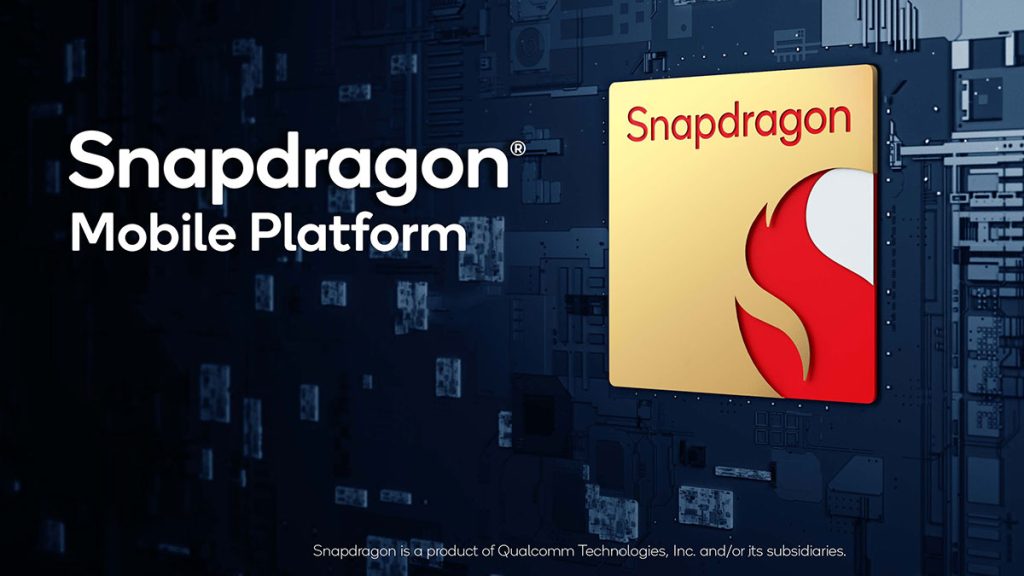Samsung is currently the last smartphone maker to also design their own chipsets. This year’s Exynos 2200 was promising, however we didn’t get to see it here in Malaysia. Samsung Malaysia oddly decided to bring in the Snapdragon 8 Gen 1 instead of the Exynos 2200 variants. We will probably see something similar for the Samsung Galaxy S23 series, but instead of Samsung developing both variants, they may focus their efforts on the Snapdragon 8 Gen 2 instead.
Galaxy S23 series to exclusively feature Snapdragon 8 Gen 2 — good news or bad news?

Samsung’s decision to stick to just one chipset is both good and bad news for us. The upside is that Samsung focusing on one chipset should allow for better optimizations. Instead of having their attention split between two very different chipsets, they can now refine the software and other hardware elements to better complement the Snapdragon 8 Gen 2. As Qualcomm is slated to make their chips at TSMC, we might also see less thermal issues for the upcoming Samsung flagships.
The downside is that Qualcomm will now essentially hold a monopoly on the flagship smartphone market. Previously we had three contenders, Kirin, Snapdragon and Exynos, but Trump happened, and HUAWEI was quite literally wiped off the map. Luckily, MediaTek appears set to be the dark horse in this race, so at least we will have some competition.
According to the rumors, Samsung has a new 3nm GAAFET process that would probably go up favorably against TSMC’s 4nm node. However it’s reportedly far from ready for mass production, which means Samsung would have to rely on their inferior 4nm node for the Exynos 2300 if they want to make it in time for the Galaxy S23 series. This would essentially mean that the Galaxy S23 will be put in an unfavorable situation against the rest of the Snapdragon 8 Gen 2-toting flagships, right from the get-go.
If the rumors are true, this will be a double blow for Samsung — on both their chip design and foundry divisions. Going with Qualcomm means that Samsung will not be be sourcing the chips for the Galaxy S23 series from their foundry business. It also hints at a lack of confidence in their own chip design, which they do sell to other smartphone vendors like vivo, albeit in miniscule quantities.
Of course, these are merely rumors, albeit from one with a rather good track record. Personally, it does seem quite unlikely that Samsung will abandon their Exynos chipset, especially after their rather interesting partnership with AMD. The RDNA 2 GPU in the Exynos 2200 was exciting, and it would be a shame to see Samsung throw it all away.